Artificial Intelligence (AI) has become a disruptive force in today’s quickly changing business world, transforming how businesses operate and compete. Businesses of all sizes, from start-ups to global conglomerates, are using AI technology more and more to increase productivity, sharpen judgment, and enhance consumer experiences. This article explores the applications, advantages, difficulties, and potential uses of artificial intelligence (AI) in corporate operations.
Understanding AI in Business Operations
Artificial intelligence is the simulation of human intellect in machines that are designed to learn, think, and carry out operations that normally demand for human cognitive abilities. Artificial Intelligence (AI) in business operations includes a range of technologies, including computer vision, robots, natural language processing, and machine learning. Businesses may now automate tedious operations, examine enormous volumes of data, and get insights that were either unavailable or prohibitively expensive to get before thanks to these technologies.
Artificial Intelligence has a diverse function in business, affecting multiple areas including supply chain management, customer support, marketing, human resources, and finance. Businesses can realize considerable cost reductions, revenue growth, and operational improvements by integrating AI into these areas.
2. Key Applications of AI in Business Operations
Business processes are being revolutionized by AI technologies in a number of ways: a. Logistics and Supply Chain Management Artificial Intelligence is revolutionizing supply chain management for businesses. A subset of artificial intelligence called predictive analytics helps companies optimize inventory levels, cut down on waste, and predict demand more precisely. Businesses can use machine learning algorithms to make educated decisions regarding production and distribution by using their ability to evaluate previous data to find patterns and forecast future trends.
Artificial intelligence (AI)-driven technologies in logistics, such as driverless cars and route optimization software, are cutting down on travel expenses and speeding up deliveries. AI-driven route planning, for instance, is used by businesses like FedEx and Amazon to guarantee effective delivery operations, improving customer happiness and lowering carbon footprints.
b. Customer Service and Experience
AI is enabling efficient and tailored client interactions, which is revolutionizing customer service. Natural language processing (NLP)-powered chatbots and virtual assistants may respond to standard consumer inquiries around-the-clock, freeing up human agents to concentrate on more complicated problems. These AI solutions improve customer experience by offering prompt responses and reliable service in addition to being reasonably priced.
Additionally, AI systems are capable of analyzing consumer behavior and preferences to provide tailored marketing campaigns and recommendations. AI is used by businesses like Netflix and Spotify to filter content according to user tastes, which boosts user engagement and fosters client loyalty.
c. Human Resources and Talent Management
Artificial intelligence (AI) is revolutionizing human resources (HR) by streamlining repetitive processes like performance reviews, hiring, and resume screening. AI-powered HR systems can evaluate vast amounts of data to find the best applicants, cutting down on the time and expense of the hiring process. Additionally, by examining patterns in employee behavior, AI can forecast employee attrition, giving businesses the opportunity to take proactive steps to hold onto top talent.
AI is also involved in training and staff development. AI-powered personalized learning platforms may customize training curricula to meet the specific needs of each employee, ensuring that they gain the knowledge and abilities required for their positions. Employee performance is improved, and work satisfaction and retention are also increased.
d. Financial Management and Fraud Detection
AI is turning the financial industry upside down. Real-time financial data analysis is possible thanks to AI-driven algorithms, which help businesses make quicker and more informed financial choices. For example, by examining consumer behavior and market trends, AI can maximize revenue by optimizing pricing methods.
Additionally, AI is improving fraud prevention and detection. Financial transaction irregularities and odd trends can be identified by machine learning algorithms, raising the possibility of fraud. Artificial intelligence (AI)-based systems are used by banks and insurance firms, among other financial organizations, to monitor transactions and identify fraud in real-time, thereby minimizing financial losses.
3. Benefits of AI in Business Operations
There are numerous strong advantages of integrating AI into company operations, including:
a. Enhanced Production and Efficiency AI frees up workers’ time to concentrate on higher-value jobs by automating monotonous and time-consuming chores. AI systems are more productive and efficient than humans because they can do tasks more quickly and accurately. AI-powered robots, for instance, may work nonstop in the manufacturing industry, doing jobs like assembling, packaging, and quality control with little error.
b. Data-Driven Decision Making
AI enables businesses to make data-driven decisions by providing insights from vast amounts of data. Machine learning algorithms can analyze complex data sets, identify patterns, and predict outcomes, helping companies make informed decisions about strategy, marketing, operations, and finance. This data-driven approach enhances decision-making accuracy and reduces the risk of errors.
c. Cost Reduction
Through work automation, process optimization, and waste reduction, artificial intelligence (AI) may drastically lower operating expenses. For example, by anticipating faults before they happen, AI-powered predictive maintenance can lower maintenance costs and equipment downtime. In a similar vein, chatbots and other AI-powered customer support solutions can lower human expenses by answering standard questions.
d. Enhanced Customer Experience
AI-powered products and services, such recommendation engines, chatbots, and tailored marketing, let companies provide better customer service. Artificial Intelligence can provide customized services and solutions by analyzing consumer behavior and preferences. This increases client satisfaction and loyalty. Thus, revenue growth and improved brand reputation follow.


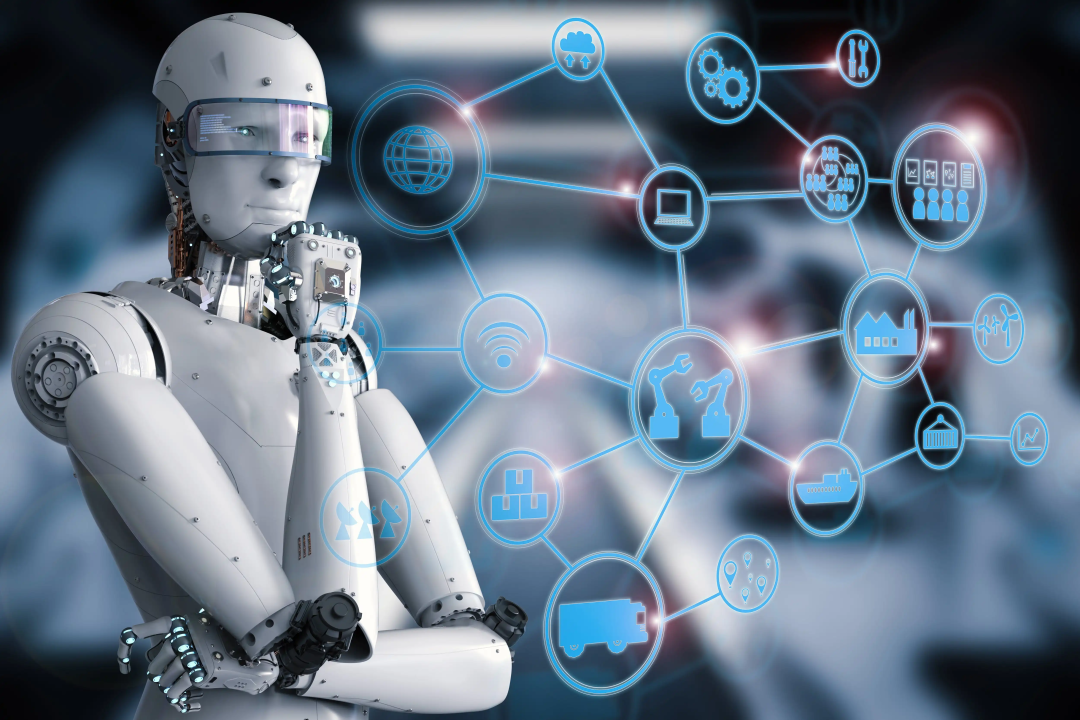
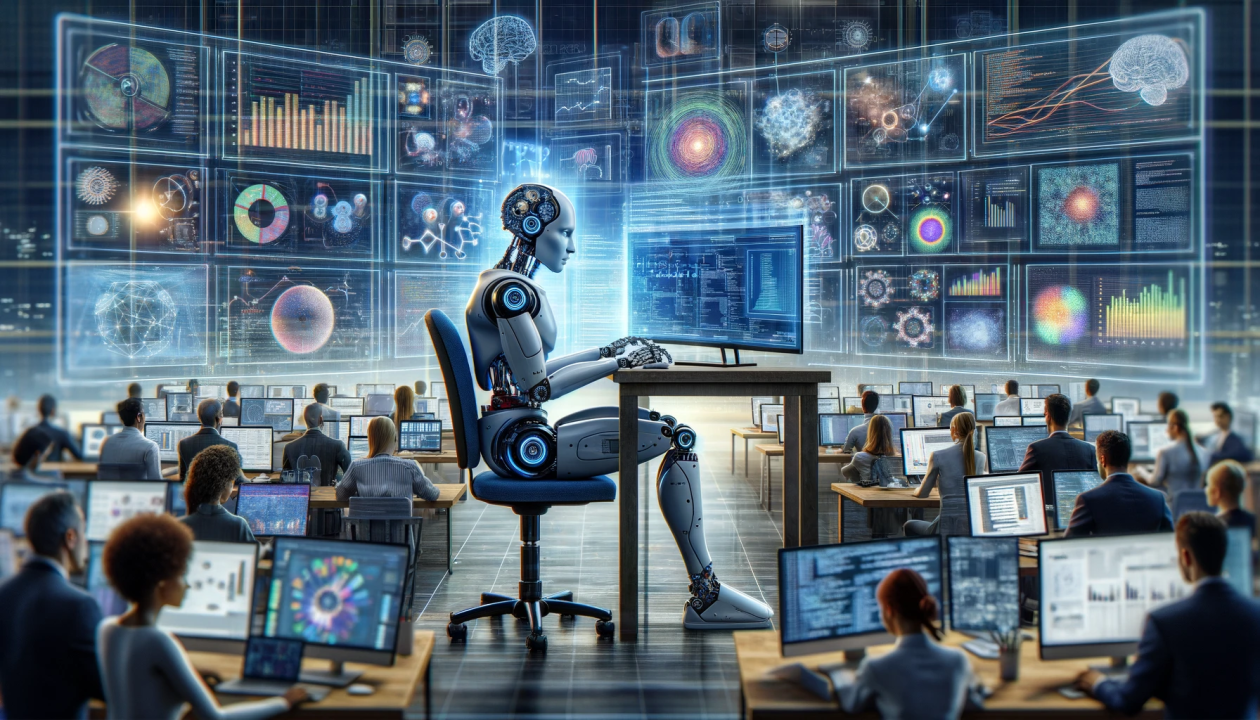
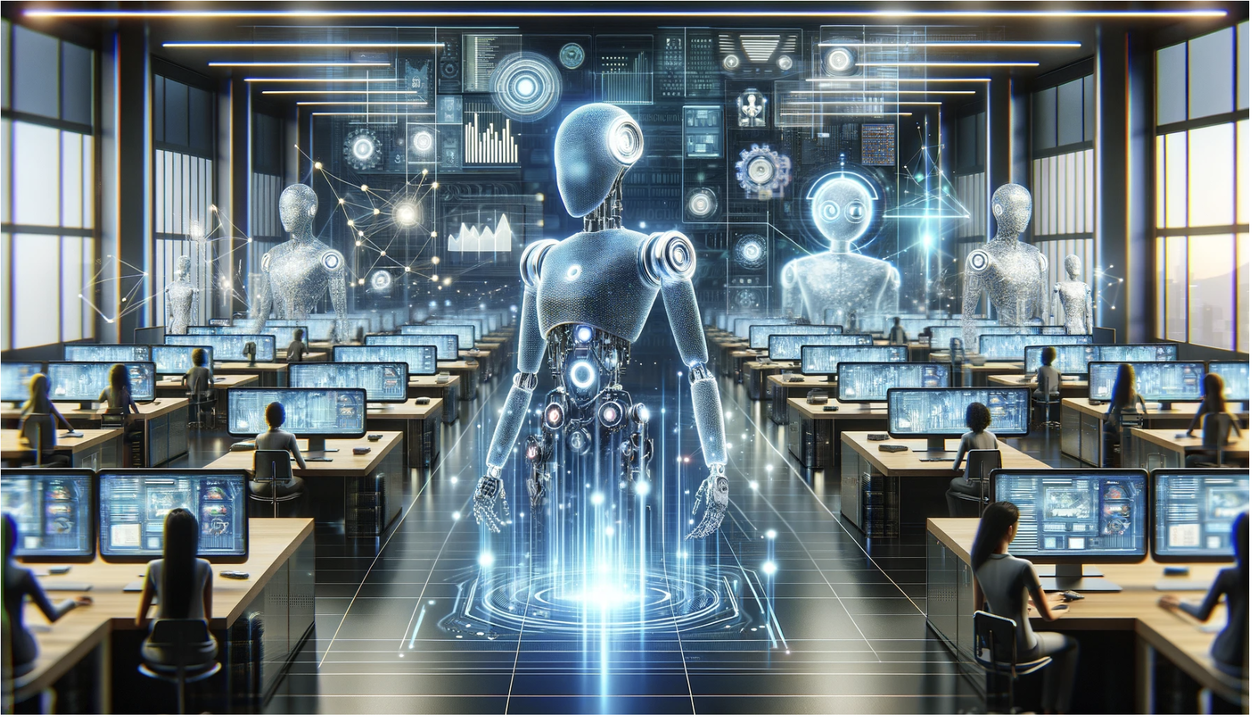



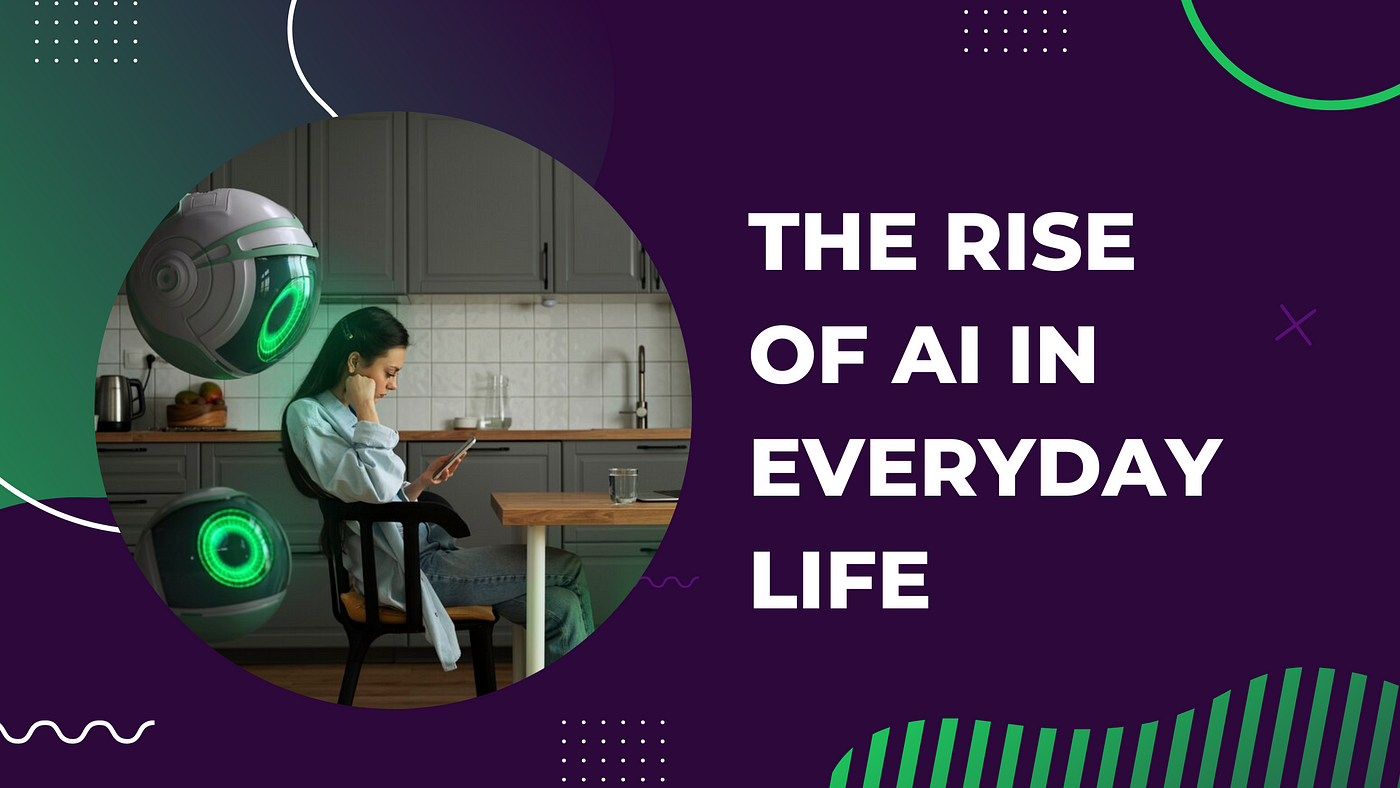

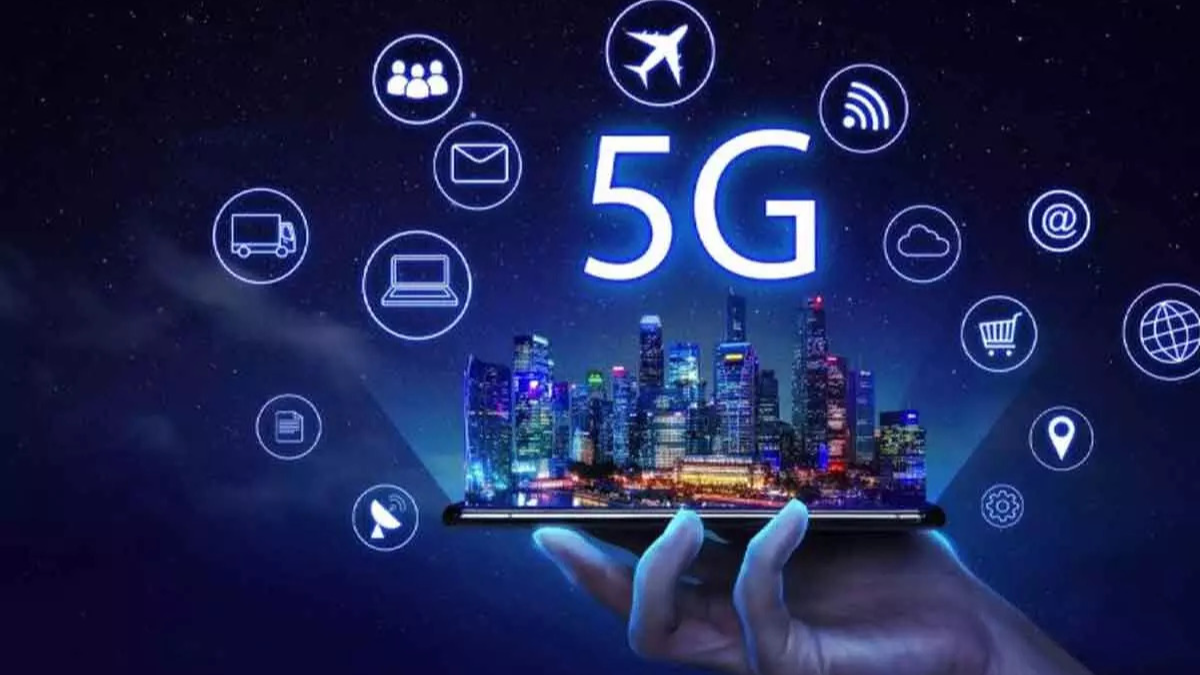

Leave a Reply